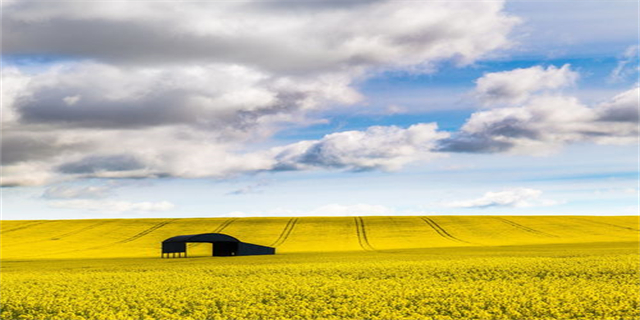officer(Officer The Duties and Responsibilities)

Officer: The Duties and Responsibilities
Introduction: Being an officer is an important role in any organization or institution. The responsibilities and duties associated with this position are crucial for the smooth functioning and success of the entity. This article will explore the various aspects of being an officer and shed light on the significance of their role.
The Role of an Officer:
Definition and Purpose: An officer is an individual who holds an authoritative position within an organization or institution. Their primary purpose is to provide leadership, make decisions, and ensure the implementation of policies and guidelines. Officers are responsible for overseeing the day-to-day operations and guiding their team towards achieving the organization's goals.
Responsibilities and Duties: Officers have a wide range of responsibilities and duties, depending on their specific roles and the nature of the organization. Some common duties include:

1. Decision Making: One of the key responsibilities of an officer is making critical decisions that affect the organization. They must carefully analyze the available information, consider the potential consequences, and choose the best course of action. Effective decision-making skills are essential for an officer to ensure the success and growth of the organization.
2. Policy Development and Implementation: Officers are responsible for developing and implementing policies and guidelines that govern the operations of the organization. They need to consider various factors, such as legal requirements, industry standards, and the organization's values, when formulating these policies. Implementation involves ensuring that all individuals within the organization understand and adhere to these policies.
3. Team Management: As leaders, officers are responsible for managing and guiding their team. This includes tasks such as assigning roles and responsibilities, providing feedback and training, promoting teamwork and collaboration, and resolving conflicts. A skilled officer understands the strengths and weaknesses of their team members and leverages them to maximize productivity and efficiency.

Types of Officers:
1. Corporate Officers: In a corporate setting, officers are typically high-level executives who hold positions such as Chief Executive Officer (CEO), Chief Financial Officer (CFO), Chief Operating Officer (COO), and Chief Technology Officer (CTO). These officers are responsible for strategic planning, financial management, operational oversight, and technological advancements within the organization.

2. Law Enforcement Officers: Law enforcement officers, such as police officers and detectives, play a crucial role in maintaining law and order in society. They are responsible for enforcing laws, preventing crime, responding to emergencies, and ensuring the safety of the community. These officers undergo specialized training to perform their duties efficiently and uphold the principles of justice.
3. Military Officers: Military officers are leaders in the armed forces and hold positions such as General, Colonel, Major, and Lieutenant. They are responsible for commanding troops, strategizing military operations, and ensuring the defense and security of the nation. Military officers undergo rigorous training and possess a strong sense of duty and discipline.
The Significance of the Officer Role:
1. Organizational Success: Officers play a crucial role in driving the success of an organization. Their decisions, leadership, and management skills have a direct impact on the company's financial performance, reputation, and growth potential. A competent officer can steer the organization towards profitability and long-term sustainability.
2. Maintaining Order and Safety: Officers in law enforcement and the military ensure the safety and security of the public and the nation, respectively. Their presence and actions deter criminal activities, maintain law and order, and protect citizens from harm. Without dedicated officers, society would be vulnerable to chaos and insecurity.
3. Setting Example and Inspiring Others: Officers act as role models within their organization and inspire others to excel. Their dedication, professionalism, and commitment to the organization's vision motivate their team members to perform at their best. Officers set an example of integrity, discipline, and ethical behavior, which fosters a positive work environment and promotes a culture of excellence.
Conclusion: Officers hold a significant position within organizations and institutions, where they provide leadership, make critical decisions, and oversee day-to-day operations. Their duties and responsibilities vary depending on their specific roles and industries. The officer role is crucial for the success of organizations and the maintenance of law, security, and social order. Effective officers serve as catalysts for growth, inspire others, and ensure the achievement of organizational goals.











